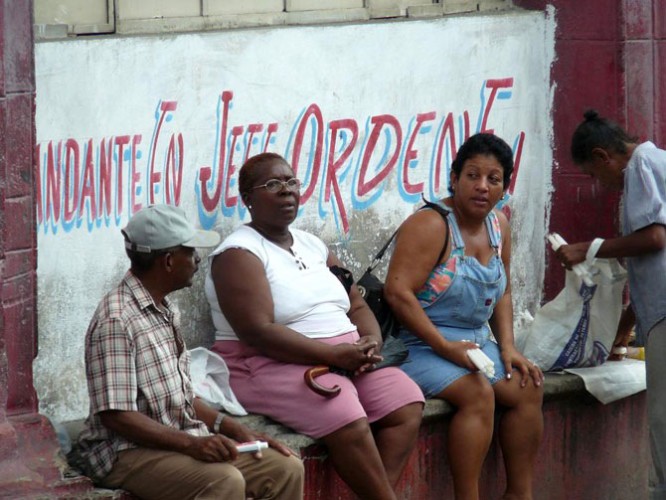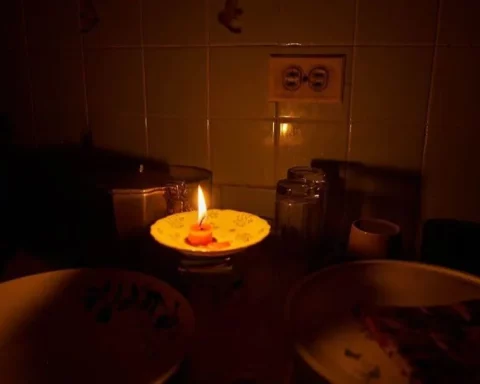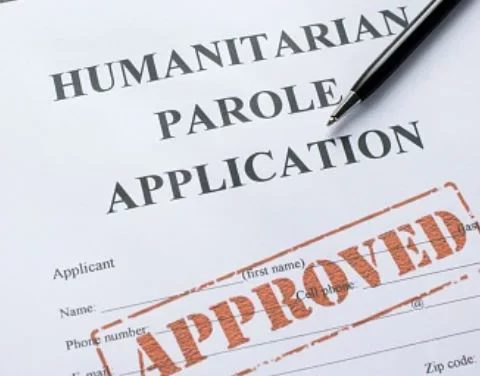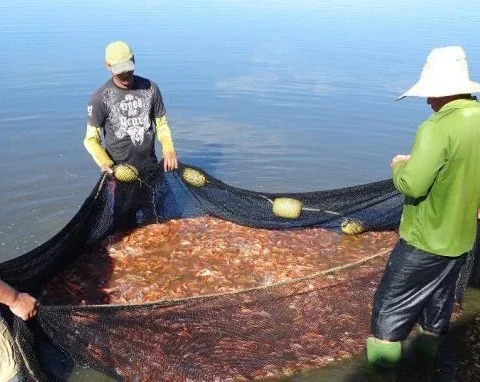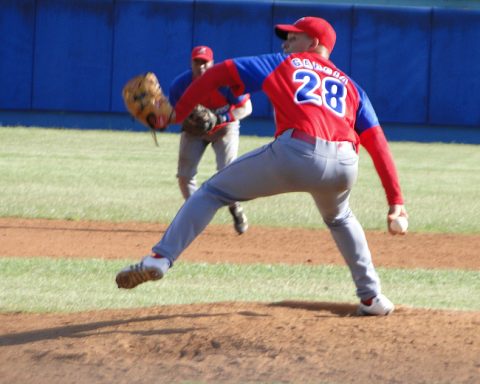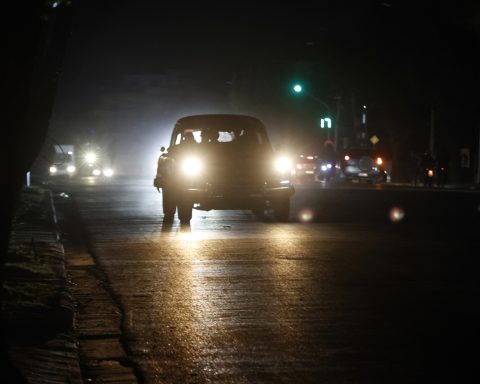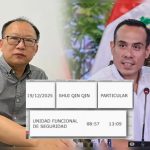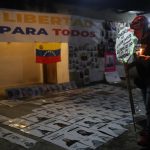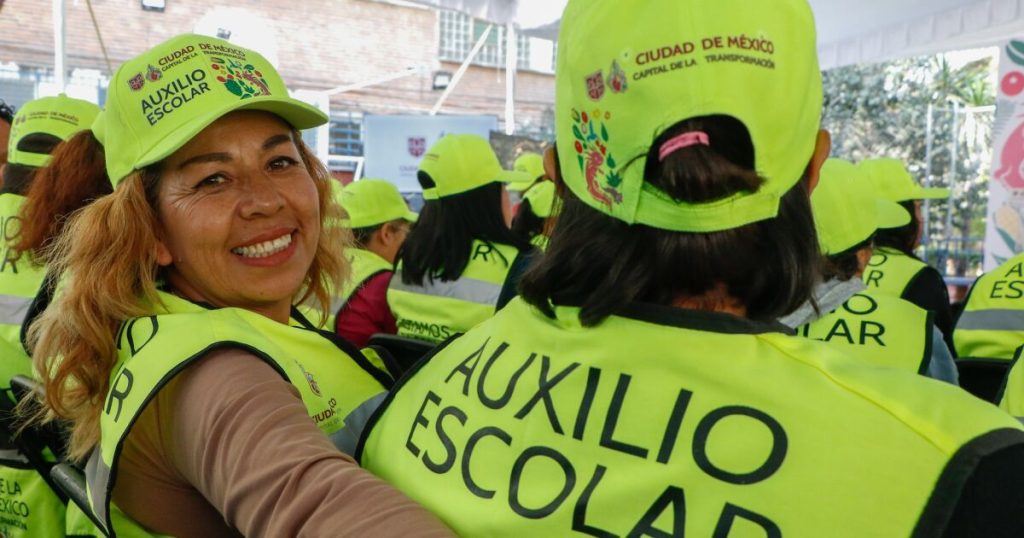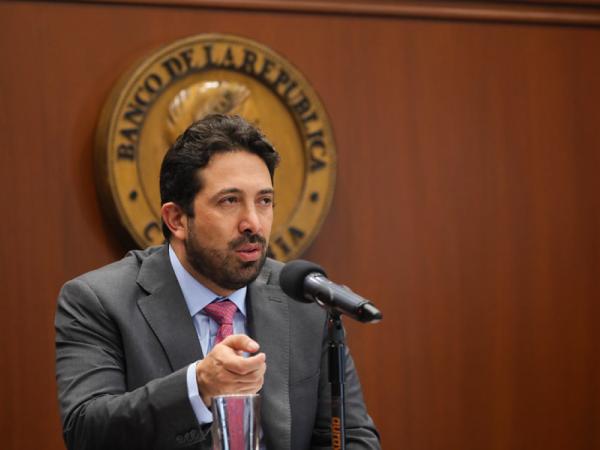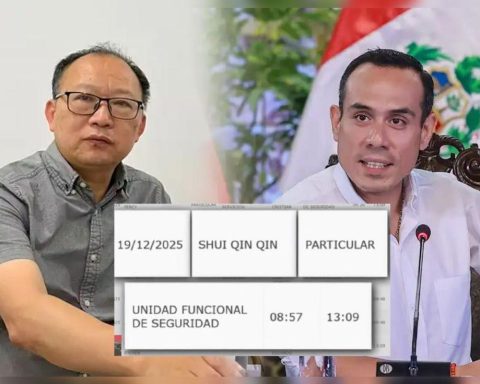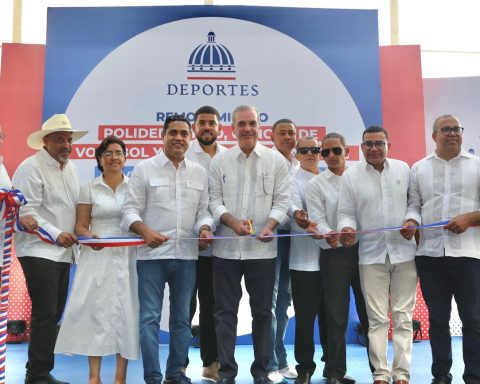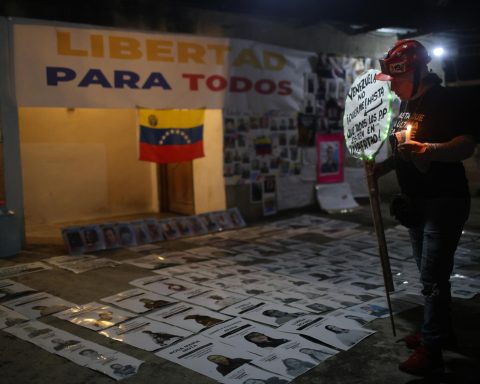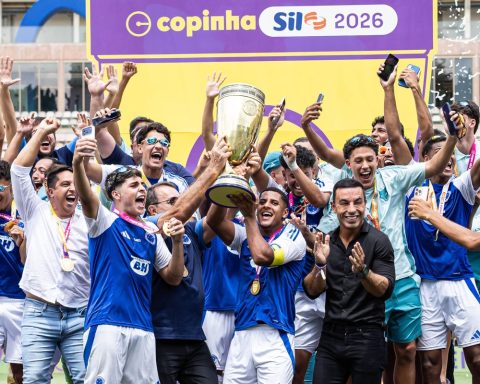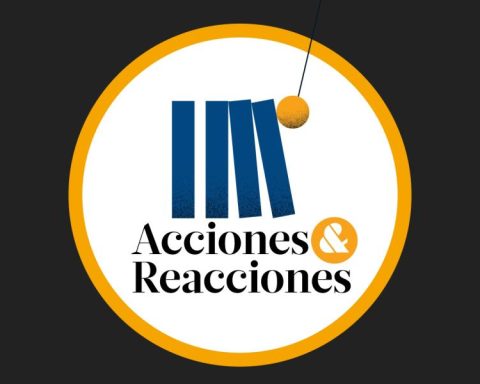Miami.- In this month of February, Americans celebrate the month of the Black HistoryA, that is, of the history of African Americans. They have done so since 1976 when President Gerald Ford formalized that celebration in the midst of the Bicentennial of the United States. Since 1926, Dr. Carter G. Woodson, professor at Harvard University and Protestant pastor Jesse E. Moorland designated the second week of February as the week of the history of blacks, to coincide with two important dates in February : the birth of the president and liberator of the African-American slaves, Abraham Lincoln (1809-1865) and that of the renowned Afro-descendant intellectual Frederick Douglass (1818-1895).
Historically, in Cuba it was only observed on December 7 – the death in combat of General Antonio Maceo in 1896 – as a national duel. Maceo (1845-1896) was the only “Cuban color” that received those honors of the Republic of Cuba. And yet, Cuba is not Cuba without her many sons and daughters whose veins runs African blood.
Cuba is not Cuba without her musicians, composers and singers, without Celia Cruz or Pablo Milanés, without Amadeo Roldán or José White, without Celeste Mendoza or Rita Montaner, without Benny Moré or Cándido Camero, without Enrique Jorrín or María Teresa Vera, without Paquito d’En Rivera or Ramón “Bebo” Valdés, without “La Lupe” or Rolando Laserie, without Manuel Saumell or Claudio toast of Salas, without Mario Bauzá or “Machito”, without Pedro Knight or Chucho Valdés, without Xiomara Alfaro or Leo Brouwer, without omara Portuondo or Elena Burke, without chano well or Irene Herrera laferté, pioneer since 1928 of the feneal groups with their Charanga de Doña Irenewithout “snowball” or Rolando Laserie, without Zenaida Manfugás or Gonzalo Rubalcava, without Arsenio Cruz or Mongo Santamaría, without David Omni of Omni Free Zone or outstanding figures that have triumphed in the classical world such as the dancer and choreographer Carlos Acosta and The multi-candid composer Tania León.
But Cuba is much more than his black and mulatto musicians.
Beyond the excellent “Bronze Titan”, Cuba is not Cuba without its politicians, liberators, public servants and black and mulatto activists. Cuba is not Cuba without the free black José Antonio Aponte and his national slave conspiracy in 1812, without the generals of Independence Guillermo Moncada, José Maceo, generous Campos Marquetti and Quintín flags or without the brigadier – and second to occupy the vice presidency of the Country-Domingo Méndez-Capote. Cubba is not Cuba without Martín Morua Delgado or Juan Gualberto Gómez, without Dominga Moncada, a volunteer nurse in the Ten Years War or Captain María Hidalgo Santana, the hero of Jicarito, without former president Fulgencio Batista Zaldívar, Blas Roca Calderío or the Valientes founders – and former Mambises – of the Independent Color Party: Evaristo Stenoz and Pedro Ivonnet, General Juan Eligio Ducasse and Colonel Juan Gálvez, Jesús Rabí and Florencio Salcedo, Isidro Acea and Enrique Fournier, Julián Valdés Sierra, Ricardo Batrell and Gregorio Surin.
Cuba is not Cuba without his political prisoners, without the deceased on hunger strike, Orlando Zapatawithout Manuel Cuesta Morua, Juan Antonio Madrazo or José Luis García Pérez “Antúnez”, without also the poet Ernesto Díaz Rodríguez. Cuba is not Cuba without the slave Carlota and her uprisings during the 19th century or the captain and medical of the Libertador Rosa Castellanos army, veteran of the two wars of independence. Cuba is not Cuba without the 45 black Cubans owners of farms and coffee plantations that donated part of their assets to the wars of independence or lawyer Laritza Diversent, Founder of Cubalex.
Cuba is not Cuba without its athletes and Afro -descendant athletes, without minnie miñoso or Luis Tiant, without chocolate kid or Tony Oliva, without Martín Dihigo or “El Duque” Hernández, without Teófilo Stevenson or Randy Arocena, without Oraldis Chapman or the Olympic Champions Rule Torres, Mireya Luis, Ana Ibis Fernández, Idalmis Gato, Lily Izquierdo, Marlenis Costa, Bell and Raisa O’Farril rule.
Cubba is not Cuba without their Afro -descendant intellectuals and thinkers, without Gastón Baquero or Rafael Serra, without Walterio Carbonell or Pedro Deschamp Chapeaux, without Rogelio Martínez Furé or Amaury Pérez, without Carlos Moore or Juan F. Benemelis, without Lourdes Casals or Alberto Abreu, Without Enrique Patterson or María Ileana Faguaga, without Alberto Arredondo or Iván César Martínez. Cuba is not Cuba without the writers Abigail Lozano or Mercedes Valdés Mendoza, without the feminist Catalina Medina or Ana Joaquina Sosa.
Cuba is not Cuba without its opponents and dissidents, without Dr. Oscar Elías Biscet or Félix Bonne Carcases, without Vladimiro Roca, Victoria Ruiz Labrit or Guillermo “Coco” Fariñas, without Luis Manuel Otero Alcántara or Maykel “Osorbo” Castillo, without the leader of the White Ladies Berta Soler and her companions Nancy Alfaya, Asunción Carrillo, Jacqueline Bony, María Josefa Blanco, Jacqueline Heredia, Marta Sánchez Sánchez, Ivonne Galano and Aymara Nieto Muñoz Malm, without independent journalists Reinaldo Escobar and her daughter Luz Escobar.
Cuba is not Cuba without the 10 – a total of 75 – Afro -descendant Cubans arrested in the Black spring of 2003: the unionist Iván Hernández Carrillo; Independent journalists Ángel Moya Acosta, Jorge Olivera Castillo, Osvaldo Alfonso Valdés and Omar Pernet Hernández; Human rights activists Eduardo Díaz Fleitas, Arnaldo Ramos Lauzerique, Alejandro González Raga, Alfredo Domínguez Batista and Manuel Valdés Tamayo.
Cuba is not Cuba without its Afro -Cuban writers and creators, without Manuel de la Concepción “Plácido” Valdés or Iván Acosta, without Nicolás Guillén or Eusebia Cosme, without Emilio Ballagas or Iván César Martínez, without Esteban Luis Cárdenas or Coco Fusco, without Florencio Gelabert , Father or Florencio Gelabert, son, without Sara Gómez, or Nancy Morejón, without Renée Méndez Capote or Georgina Herrera, without Wifredo Lam or Juan Boza, without Tomás Esson or Juana Valdés or Belkis Ayón, without María Magdalena Campos Pons or Nicolás Guillén Landrián , without Gerardo Fulleda León or Eugenio Hernández Espinosa, without Domingo Poublé or Manuel Mendive. Cuba is not Cuba without the writers of the Minerva magazine between 1888 and 1889: Cristina Ayala, América Font, Natividad González, Rosa G. Nad, América Céspedes, María Cleofá, María Angela Storini and Lucrecia González Consuegra and Laura Clarns.
Cuba is not Cuba without the black and mulatto educators, such as América Font, or the teachers who founded in the 1840 schools for children “Color”: Ramona López, María Nicolasa Ramos, María Feliciana Portuondo and Antonia Núñez. Cuba is not Cuba without the Black and mulatto intellectuals founded by the Las Daughters school in 1884: Quintina Valle de la Vega, Ana Joaquina Sosa, Dorotea Almeida, Martina Madrigal and Úrsula Coimbra. Cuba is not Cuba without independent activists and librarians Berta Mexidor and Ramón Colás or the feminist activist Marthadela Tamayo.
There are more Cubans and Afro -descendant Cubans that we must remember and celebrate, such as academics Orlando Edreira, Amalia Daché and Marcelo Fajardo, or doctors exiled in New York Dagoberto García, Radiologist, and neurologist Juan Edreira. And where do we leave the mambisas Mariana Grajales and María Cabrales, mother and wife, respectively, of Antonio Maceo, or other warriors such as Gregoria Herrera Garbosa, Caridad Jaca, Tomasa Duverger Lafargue and Caridad Bravo? There are hundreds of names without mentioning in this writing. That it serves as the basis of a new national project that in the future leads to a plural appreciation of our history.
